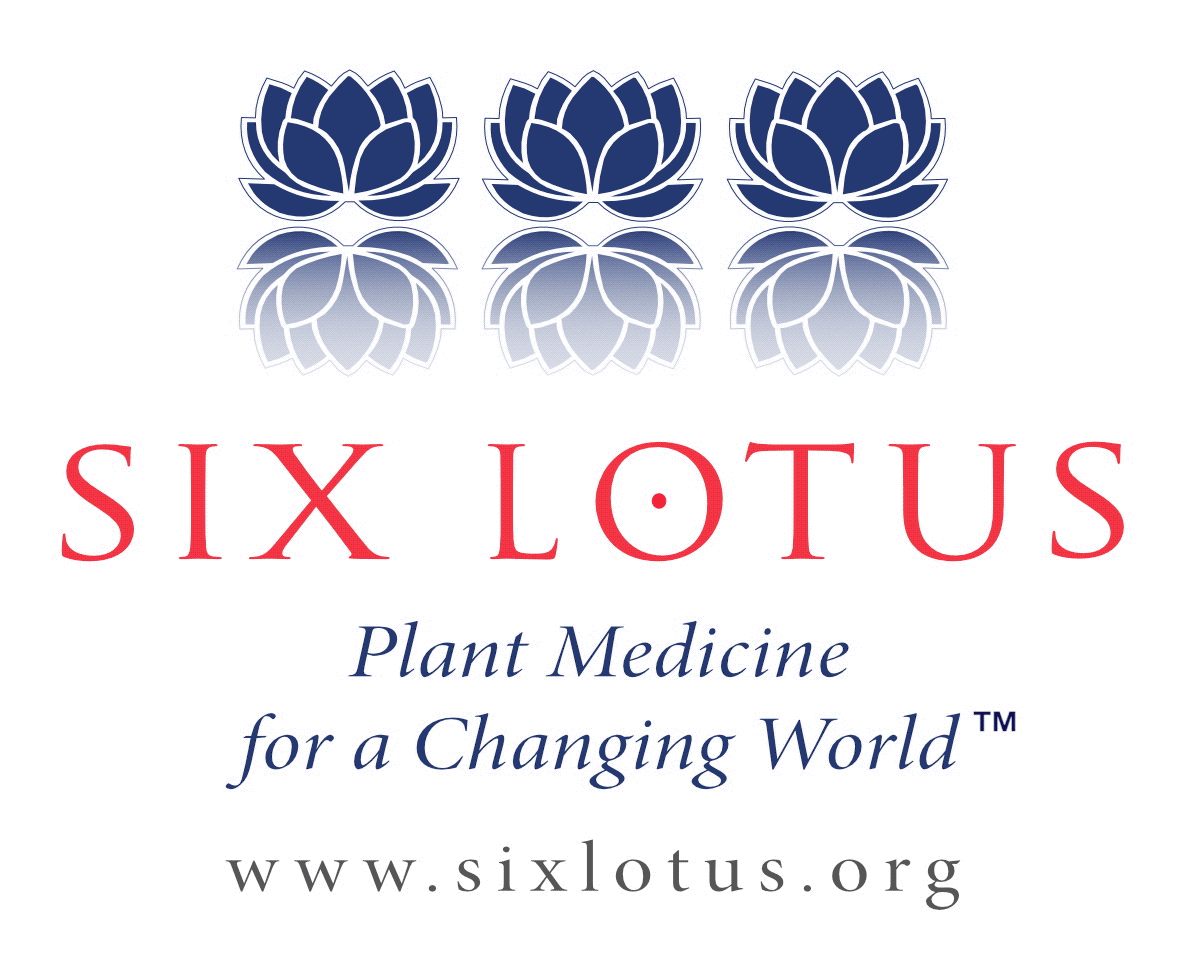The Role of Sleep in Bodily Repair and Mental Health
Sleep is essential for human survival, playing a crucial role in physical restoration, emotional regulation, cognitive function, and immune support. During sleep, the body enters various phases—non-REM and REM—that initiate regenerative processes across nearly all systems. Deep non-REM sleep (especially slow-wave sleep) facilitates cellular repair, tissue growth, hormone regulation (including growth hormone release), and immune system modulation. Meanwhile, REM sleep supports emotional memory processing, learning consolidation, and mental health stability (Walker, 2017).
Lack of restorative sleep is strongly correlated with increased risks for cardiovascular disease, insulin resistance, obesity, depression, anxiety, and impaired cognitive performance (Mullington et al., 2009). Chronically poor sleep also increases systemic inflammation and elevates stress hormone levels, particularly cortisol, which in turn disrupts other vital metabolic and endocrine functions (Irwin, 2015).
Foods and Beverages That Disrupt Sleep
Diet plays a significant role in sleep quality. The most disruptive consumables include:
Caffeine: Found in coffee, tea, chocolate, and some medications, caffeine is a central nervous system stimulant that blocks adenosine receptors, delaying sleep onset and reducing sleep depth.
Alcohol: Although it may initially induce drowsiness, alcohol disrupts sleep architecture by reducing REM sleep and increasing nighttime awakenings (Roehrs & Roth, 2001).
Refined sugar: Spikes in blood glucose followed by crashes can disturb sleep continuity, particularly in those with metabolic imbalances or hypoglycemia.
Spicy or heavy meals: These can cause gastrointestinal discomfort, acid reflux, or thermogenic effects that raise core body temperature and impair sleep initiation.
Processed foods: Preservatives and additives (e.g., MSG, artificial dyes) have been associated with overstimulation or allergic-type reactions that impair restful sleep.
Foods and Beverages That Promote Sleep
Certain foods contain nutrients or compounds that enhance sleep by supporting neurotransmitter synthesis or nervous system relaxation:
Magnesium-rich foods (e.g., almonds, pumpkin seeds, leafy greens): Help regulate melatonin and GABA levels.
Tryptophan-containing proteins (e.g., chickpeas, oats, bananas): Support serotonin and melatonin production.
Herbal teas (e.g., chamomile, valerian root, lemon balm): Have sedative and anxiolytic properties.
Complex carbohydrates (e.g., sweet potatoes, brown rice): Promote tryptophan availability in the brain.
Tart cherry juice: Contains natural melatonin and has been shown to improve sleep duration and efficiency in older adults (Pigeon et al., 2010).
Healthy Habits for Optimal Sleep
Improving sleep hygiene is often the most impactful and accessible intervention. Key habits include:
Consistent schedule: Going to bed and waking up at the same time daily helps entrain the body’s circadian rhythm.
Digital sunset: Reducing exposure to screens at least one hour before bed supports melatonin release and reduces mental stimulation.
Cool, dark sleep environment: Optimal room temperature for sleep is around 65°F (18°C), and darkness enhances melatonin secretion.
Evening rituals: Gentle yoga, stretching, journaling, reading, or meditation can ease the transition into sleep.
Limit naps to 20 minutes: Long or late naps can interfere with nighttime sleep, especially in people with insomnia.
Avoid stimulants after 2 PM: Caffeine and other stimulants should be minimized in the afternoon to avoid delayed sleep onset.
Conclusion
Sleep is one of the most powerful yet often overlooked pillars of human health. It orchestrates repair, detoxification, neuroregeneration, and hormonal balance. Optimizing diet and lifestyle choices—including avoiding known disruptors and incorporating sleep-supportive practices—can significantly improve both the quality and quantity of sleep, enhancing resilience and overall wellbeing.
References
Irwin, M.R. (2015). ‘Why sleep is important for health: a psychoneuroimmunology perspective’, Annual Review of Psychology, 66, pp.143–172.
Mullington, J.M., Haack, M., Toth, M., Serrador, J.M. and Meier-Ewert, H.K. (2009). ‘Cardiovascular, inflammatory, and metabolic consequences of sleep deprivation’, Progress in Cardiovascular Diseases, 51(4), pp.294–302.
Pigeon, W.R., Carr, M., Gorman, C. and Perlis, M.L. (2010). ‘Effects of a tart cherry juice beverage on the sleep of older adults with insomnia: a pilot study’, Journal of Medicinal Food, 13(3), pp.579–583.
Roehrs, T. and Roth, T. (2001). ‘Sleep, sleepiness, and alcohol use’, Alcohol Research & Health, 25(2), pp.101–109.
Walker, M. (2017). Why We Sleep: Unlocking the Power of Sleep and Dreams. New York: Scribner.

